Villagers say they are excluded from pylon talks
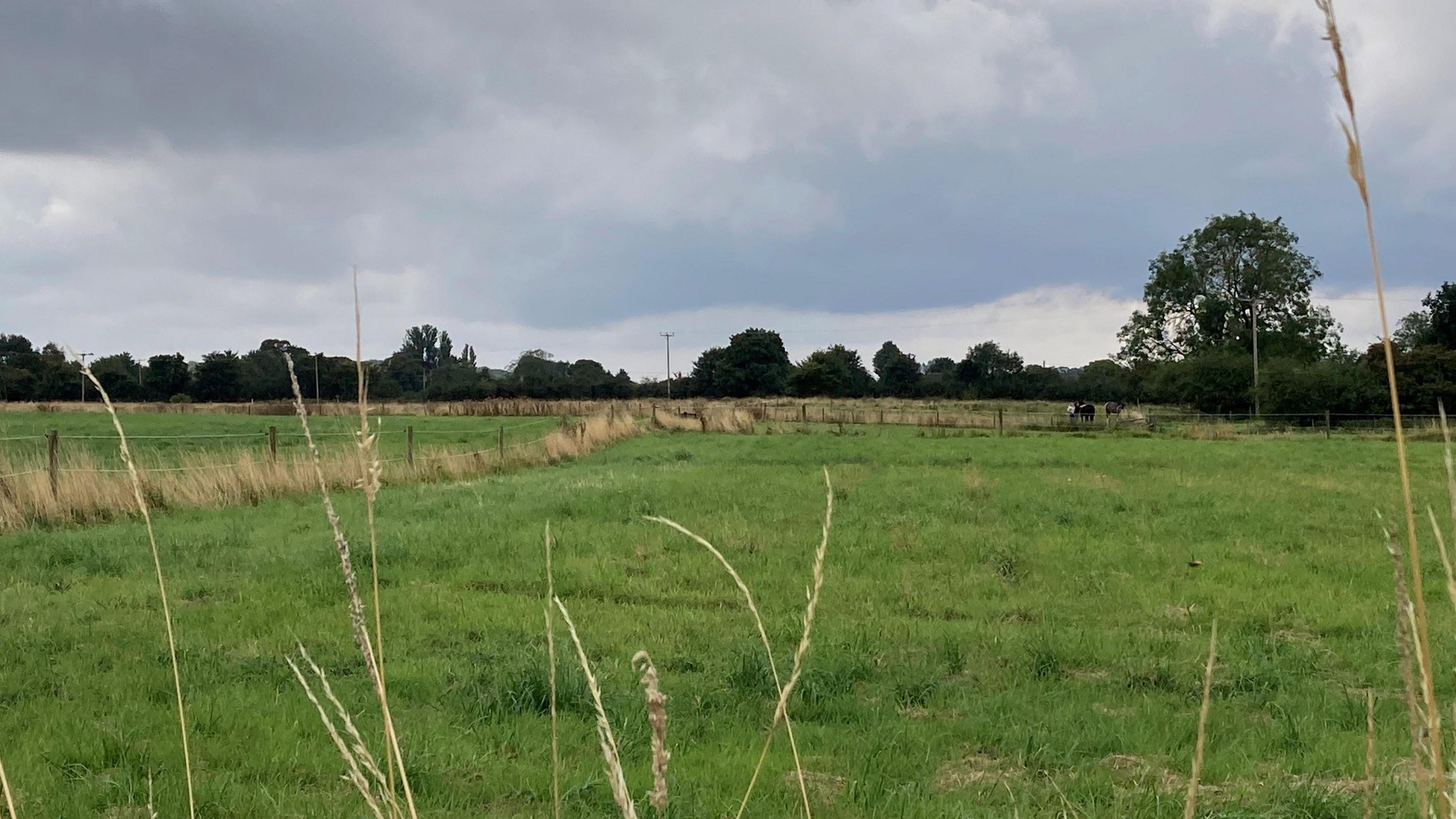
Fields at South Reston in the line of the proposed pylons project
- Published
Some communities along the line of a proposed pylon route have been told they cannot have a formal say in the latest round of consultation because they are too small.
National Grid wants to put the pylons between the Lincolnshire coast and the Wolds to feed electricity to the south of England.
Residents in South Reston, near Louth, said they are being "excluded" because the Lincolnshire community is not big enough to have a parish council, even though the proposed route cuts through fields in their village.
A Department for Energy Security and Net Zero spokesperson said a public consultation was open from January to March, and would open again in 2025.
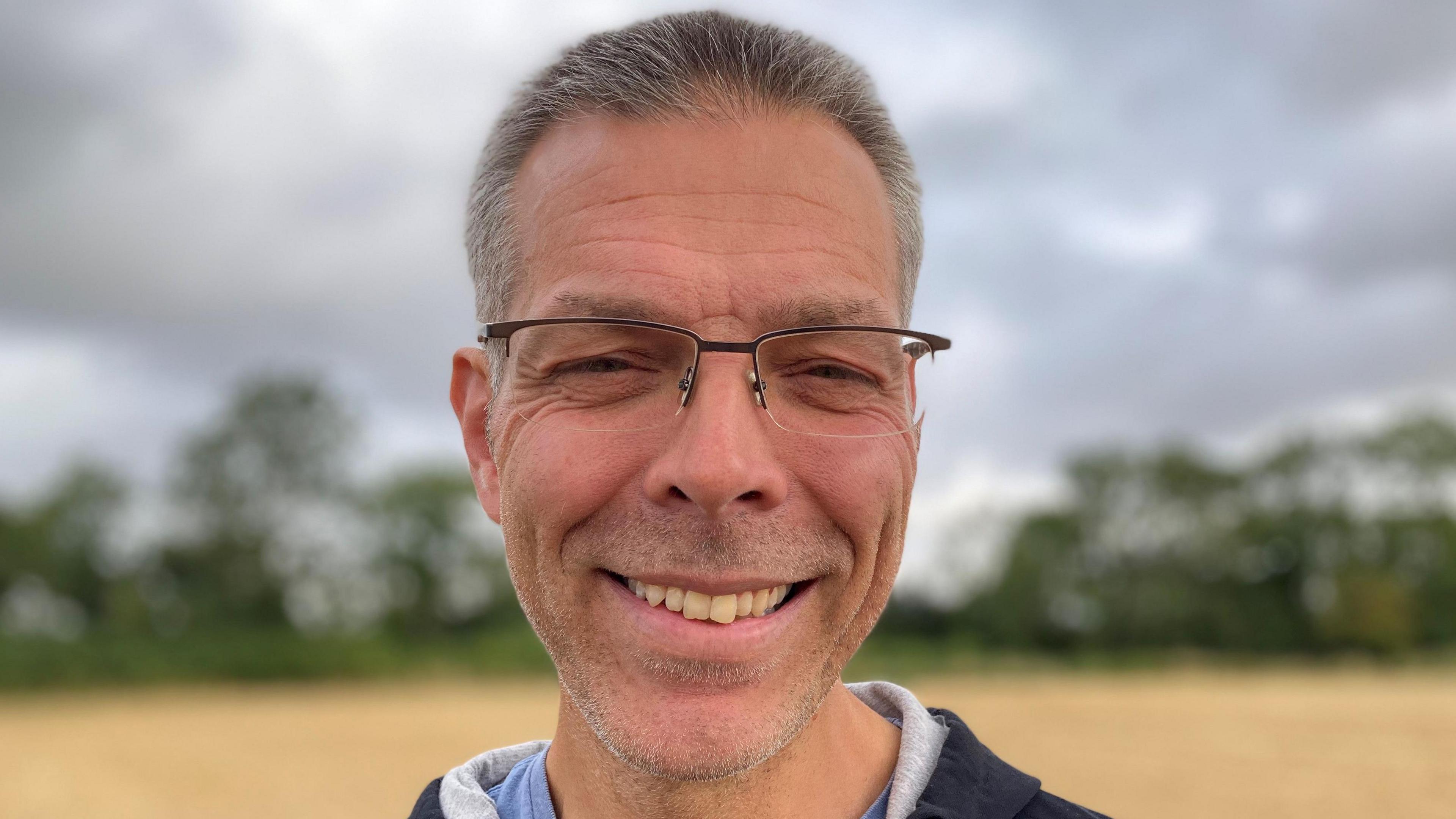
Ian Keel said views of people living in South Reston are "not being taken into account"
National Grid is planning to install pylons of up to 164ft (50m) high along an 87-mile (140km) stretch between Grimsby and Walpole in Norfolk.
The first public consultation took place earlier this year and another will be held in 2025.
Over the summer, the Planning Inspectorate issued a scoping opinion - a written opinion from the government on the level of detail and information that an applicant needs to provide.
Initially, villagers in Reston who attended a parish meeting were invited to submit comments alongside other statutory consultees.
However, the offer was later withdrawn because a parish meeting is smaller than a parish council and is not recognised as a formal body.
Ian Keel, who chaired the meeting, said: "We went round and collected the comments and put together a report but when we submitted it we were told we should never have been invited because we're not a parish council.
"We're not the only small community along the proposed route that would be closer to the pylons than others but our views aren't being taken into account."
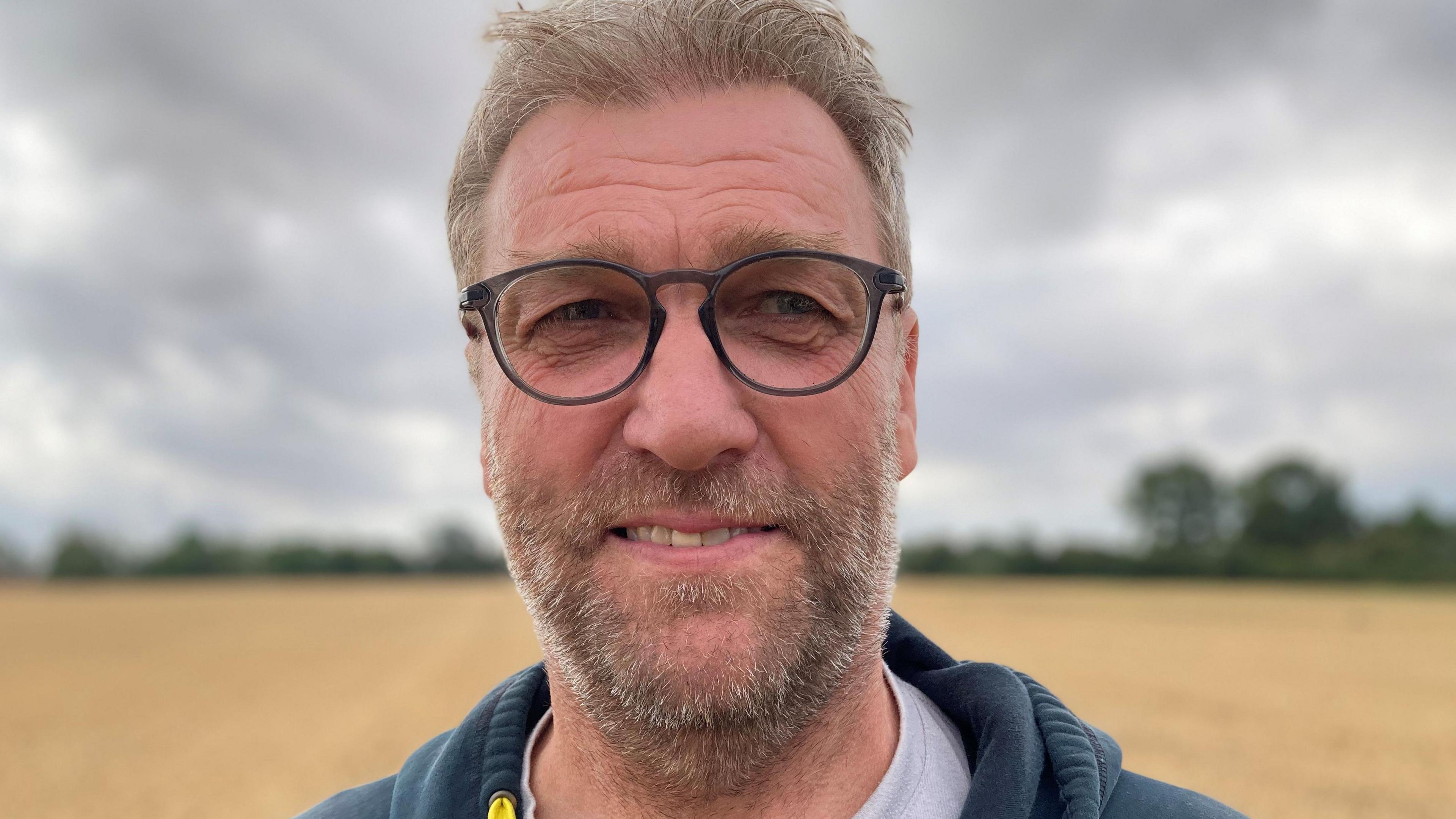
Farmer Carl Benson could have pylons cutting through his fields
Carl Benson, who owns Hall Farm in South Reston, says several of his fields are in the direct line of the proposed pylons.
"They should listen to everyone," he said.
"We might not be big enough for a parish council but we have an active parish meeting that tries to do what it can for the village."
In an email to Mr Keel, seen by the BBC, the inspectorate said it "does not consult with parish meetings" and apologised for the error.
In a statement, the inspectorate said if the project progresses "there will be a six-month examination during which time the applicant and anyone who has registered can have their say".
A spokesperson for the Department for Energy Security and Net Zero said its aim was to provide "clean power by 2030", and added "clean, homegrown energy is the best way to protect billpayers and boost Britain's energy independence".
A statement continued: “Securing Britain's clean energy future will require improving infrastructure to get renewable electricity on the grid".
"Where communities live near this infrastructure, it is right they should benefit directly from it,” they said.
Comments 'rejected'
The proposals form part of The Great Grid Upgrade,, external which is claimed to be the largest overhaul of the grid in generations.
It is part of plans to transport power from offshore wind farms around the UK involving 17 separate projects.
Lincolnshire County Council leader councillor Martin Hill said: "Some comments from parish meetings have been rejected, which is unreasonable because we have quite a few meetings in Lincolnshire that still have the right to come forward."
The council is also objecting to the way the scoping consultation has been carried out and says a legal challenge is more likely than ever.
Mr Hill also revealed that this week the authority has met with representatives from councils in Norfolk, Essex and Suffolk to discuss ways of putting on "a united front" in fighting the proposals.
Related topics
- Published5 March 2024
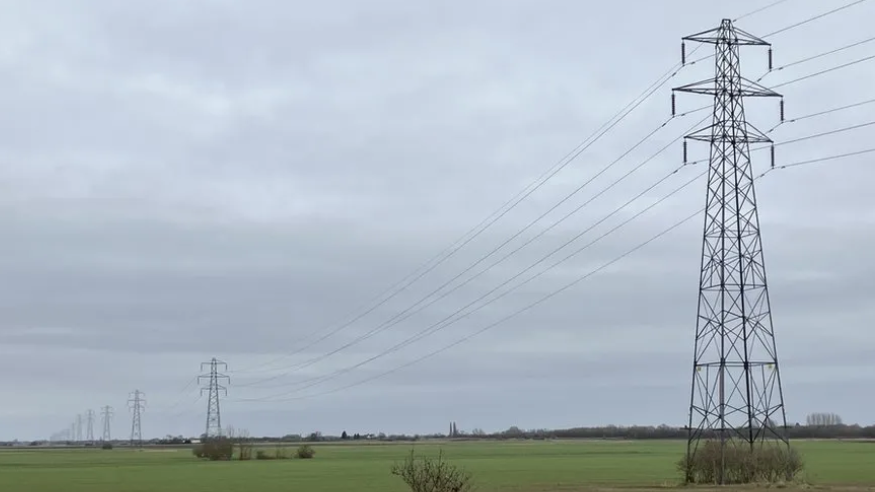
- Published16 February 2024
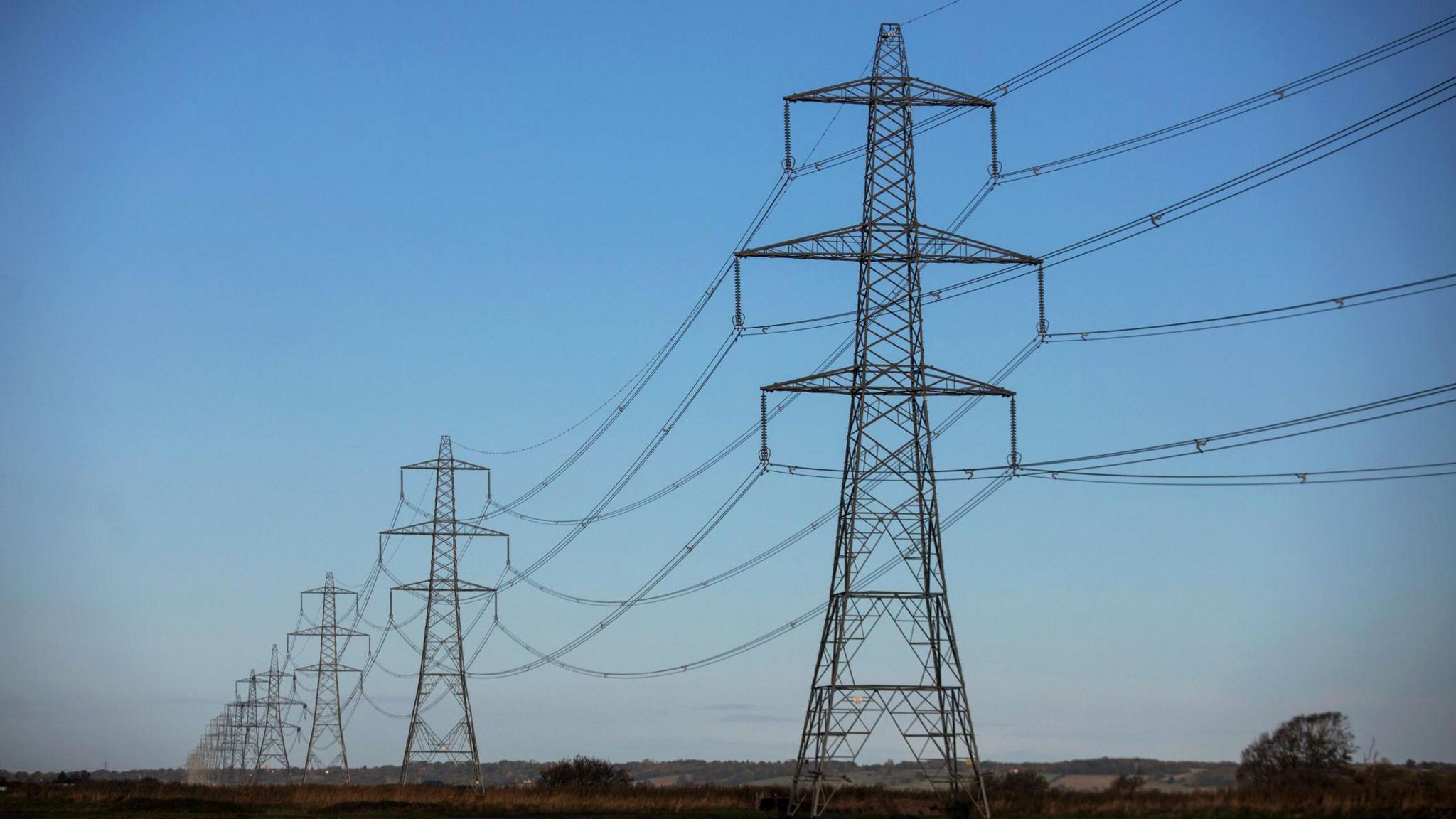
- Published25 January 2024
